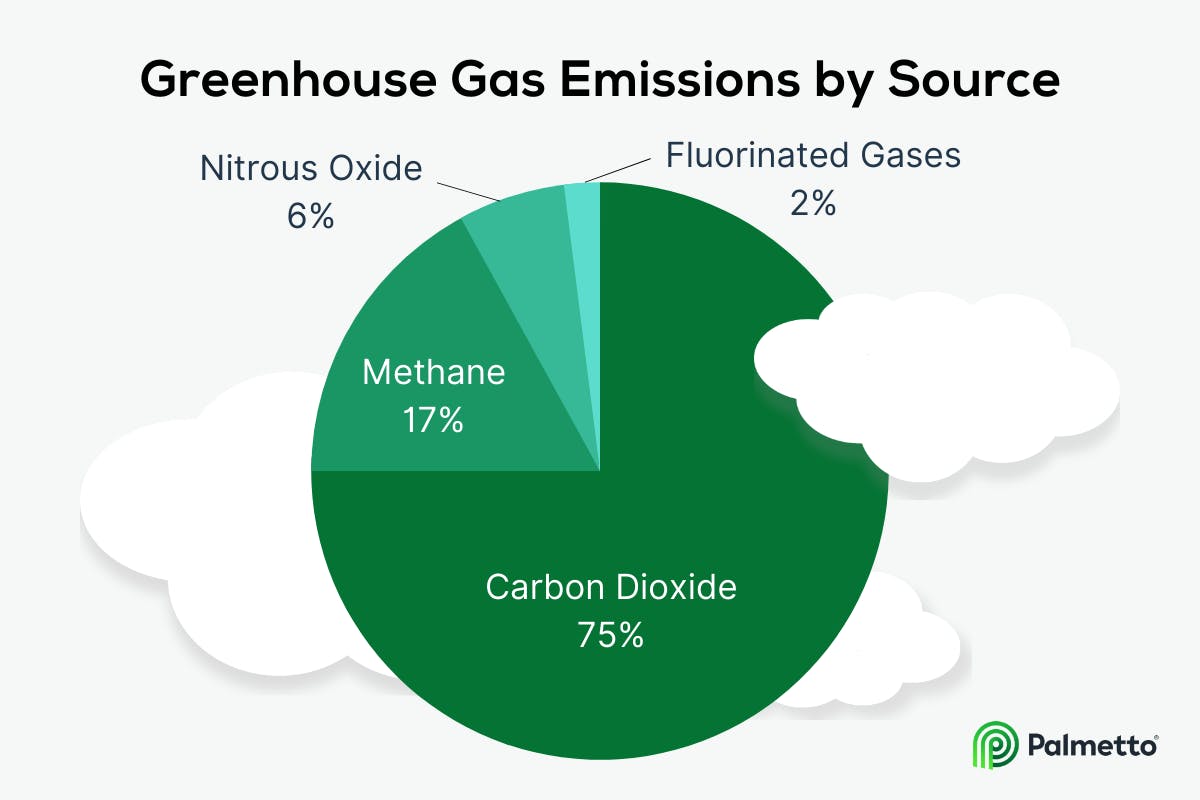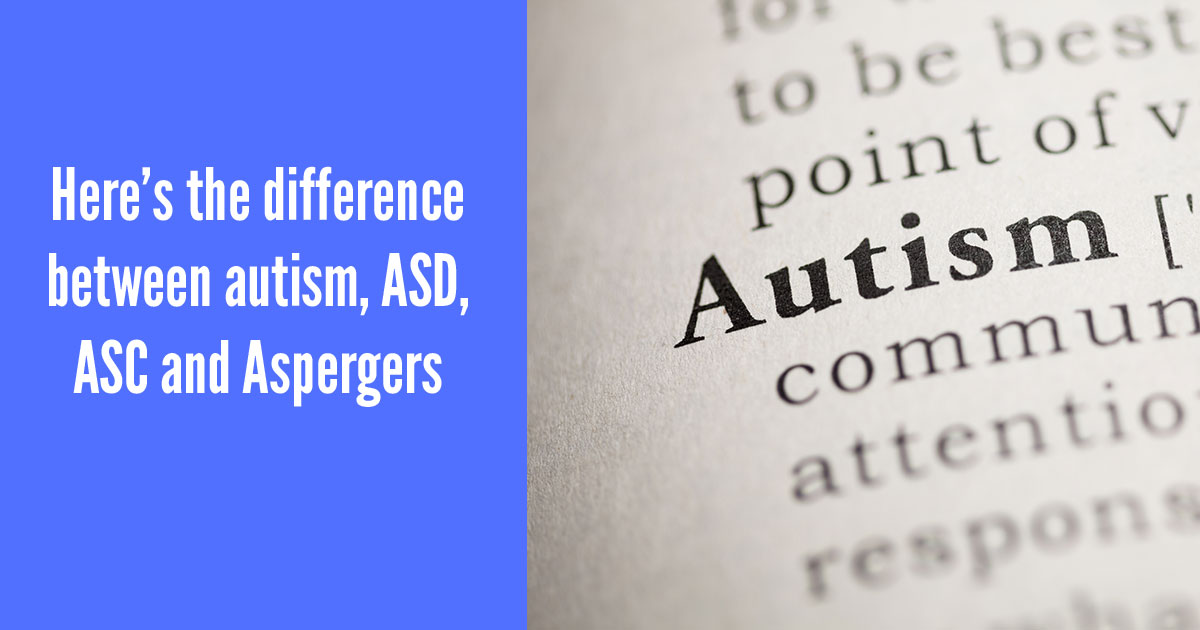
In recent years the term "climate at risk" has been defined as the threat of global warming to humankind. The term has also been used for advocating aggressive climate change mitigation. But the climate crisis is not just about climate change. It's also about how people choose to respond. This can have a major psychological impact.
Climate in Crisis examines climate change and its effects on communities, people, and the environment. It examines the way in which Indigenous communities are affected by climate changes.
Many environmental activists are speaking out against climate change as more extreme weather events become a result of climate change. These people include activists and scientists. Other people are farmers, who are adopting more sustainable practices.

According to the Intergovernmental Panel on Climate Change (IPCC), Earth's climate has been changing quickly. If we do not act quickly, we may see an increase of extreme heat, heavy rainfall, and drought. Even the planet's ocean levels are increasing. These changes can't be reversed.
Rural and nomadic pastoralists rank among the most susceptible to the impacts of climate changes. Recent years have seen an increase in droughts and flooding in El Salvador, Guatemala, Honduras, Mexico, and the Northern Triangle of Central America. These conditions have led to floods and a decline in rural economies. 75,000 Kenyans could be affected by riverine flooding in 2030 if the government doesn't take action on their emissions.
Many experts predict a rise of suicide, substance abuse and mental health problems due to climate change. The ACA Climate Change Task Force says that people from disadvantaged communities are most at risk of suffering trauma due to climate change.
Climate in Crisis also discusses the effects of environmental colonialism upon Indigenous people. For example, Indigenous communities in Panama have had to cope both with deforestation logging and migration from ancestral homelands.
Costa Rica has seen its urban growth accompanied by a concern for sustainability. Several environmental advocates believe that the media has not done a good job of highlighting this issue. However, several tactics have been recommended for improving the media's communications on the climate issue.

Researchers at the Political Psychology Research Group conducted a study of a variety of Americans to find out why the climate crisis is so important. Most Americans believe that Earth is warming. It is also a serious problem according to 85% of respondents. However, nearly half of respondents believed that humans were the main cause of global warming.
Despite this, most of the respondents still believed that climate change is real. While the political debate has shifted, the public's stance on climate issues has remained steady. Technology is not yet fully developed to solve the climate crisis.
In some cases, the false balance can sneak into the story through soundbites and failure to analyze. The majority of issues are split 50-50.
FAQ
How can the world move towards a more sustainable future in light of the challenges posed by climate change?
Sustainability is the ability for future generations to meet their current needs without compromising their ability to do the same. Climate change is presenting new challenges. We need to take immediate action to end our dependence on finite resources.
For a more sustainable future it is essential to rethink our current consumption and production models, as we also need to reduce our dependence upon natural resources such fossil fuels. We must search for new technologies, renewable energies, and systems to reduce harmful emissions, while still meeting our daily requirements.
Additionally, sustainability must be approached from a holistic perspective. This includes considering all aspects, such as the materials used and waste management. It also means incorporating energy utilization in transportation, industry, and industry. A wide range of potential solutions exists including the utilization of renewable energies such as solar, wind, and hydropower; better waste management systems; increased efficiency in agriculture; improved transport networks; green building regulations; and sustainable urban planning initiatives.
This goal requires behavioral changes from individuals in all sectors of society. Education programs are necessary to help people understand the climate change issues and how they can make a positive contribution towards a more sustainable world.
In the end, it is only through collaboration between industry leaders and citizens that we can make significant progress in creating more sustainable worlds for future generations.
What are the roles of individuals and communities when it comes to addressing climate change?
Climate change is one of the biggest contemporary challenges we face today. It is an issue that affects everyone and requires our collective attention, as well as individual action, for us to make a difference.
Individuals have an essential role to play in addressing climate changes and reducing their effects. A person's everyday behavior can range from cutting down on waste and conscious consumption to making lifestyle changes such as changing to vegetarianism or using public transportation less often and choosing eco-friendly clothing and home decor. They can also be involved in political advocacy, and encourage initiatives within their communities that foster sustainability.
They are also crucial in addressing climate issues on a wider scale. They can implement policies that limit emissions by reformulating energy models based on renewable sources, promoting efficient infrastructure for cycling or electric transportation, reducing deforestation rates, or encouraging composting systems for waste management. Collaboration is crucial for the achievement of this mission.
This will help individuals become aware of the issues at stake and understand how to contribute positively to tackling them. This will allow individuals to be more aware and connected to other societies, even if they are not located near us.
Employers bear a huge responsibility for combating climate change. It is important that they adopt sustainable corporate practices and use green alternatives wherever possible.
Individual actions, community policies and business transformation can all be a part of creating solutions to global warming. Together they will help humanity avoid the longer term negative effects of climate change.
What are the impacts of climate change on developing countries and communities?
Due to limited access, technology, and healthcare systems, developing countries, communities, are particularly vulnerable to the consequences of climate change. Changes in temperature, precipitation, and sea levels increase pressure on already scarce resources, with floods and droughts wearing away at already fragile ecosystems. Rising temperatures can reduce crop yields. This will impact communities with low incomes and food insecurity. Extreme weather events like heatwaves or hurricanes can lead to destruction of infrastructure, displacement of people and further perpetuating economic inequality.
Climate change has long-term consequences. They will lead to continued resource scarcity, extreme poverty, and adverse health effects, including increased incidences of vector-borne illnesses like dengue fever and malaria. There will also be an increased risk of flooding from rising sea levels, combined with extreme weather events. This puts lives at risk in coastal locations where many people lack the necessary infrastructure and emergency services to evacuate. To build resilience against these risks, mitigation of greenhouse gas emissions is necessary. Other measures include improved management and better access to water resources.
How does climate politics affect global efforts for its resolution?
Climate change is a controversial issue that has caused a lot of division between nations, governments and individuals. Politics of different actors can have an impact on the implementation of climate change measures. It has been difficult for global consensus to address this urgent environment crisis.
The overwhelming majority of scientists agree with the fact that human-generated global warming is real. It is urgent for action to address it. These issues are often dominated by politics, which can hinder global cooperation that is necessary to implement sustainable energy practices, protect natural habitats, research viable technological solutions, as well as other climate change interventions.
Many governments around the globe want to protect business interests and enforce policies that restrict business activities. This often clashes with regulations that experts recommend for effectively addressing climate change. Without strong international commitments and wide-spread international action, it can be very difficult for any individual state or group of nations to address climate change effectively through legislation.
Differences in power dynamics among countries further complicate gaining full consensus on how best to tackle climate change. Countries with more economic power may appoint themselves to be represented on international bodies for negotiations about the environment. This can lead the to divisive discussions between the countries' interests and the collective interest. At both the national and international level, there have been extensive discussions about potential side effects of radical changes like geoengineering.
At a grassroots level too, grassroots movements have struggled against powerful opponents including corporate ownerships and well-funded lobbies trying to maintain politically favorable positions for their industries especially when it comes to funding research into alternative forms of energy production or enforcing renewable energy technology mandates such as low emissions targets for vehicles etcetera - meaning individual governments must remain clearheaded about potential rewards and outcomes if they are going actively try to make valid progress on the matter in the question itself instead seeking public favor through short-term gains or even spectacles.
If we are to achieve a coordinated effort to address our current environmental crisis, it is crucial to properly distribute resources and be aware of political divisions among nations.
What is the potential of new technologies to combat climate changes?
There are many technologies that can be used to tackle this global problem. Advanced science is making it possible to shift to a more sustainable world.
New methods for carbon capture or sequestration can be used to lower greenhouse gases. Additionally, improved agricultural practices can reduce the emissions of livestock and soil erosion. Smart grid technology can be integrated with existing power infrastructures to improve efficiency. Enhanced building design can help reduce energy consumption.
In addition, cutting-edge synthetic biology approaches allow scientists to develop organisms that can utilize green sources of fuel such as CO2 laser into usable biofuel or alternate feedstock. This could be a major shift in transportation if there is a shift away from petrol-based vehicles to electric cars powered solely by renewable sources.
Finally, increased investments in digital technology or AI can provide people with more information on their ecological footprints across borders. This will allow them to make more informed decisions regarding their consumption habits. Ultimately, understanding our role in carbon production is paramount allowing us all to be better stewards of our planet.
What is the role of the energy sector in climate change and how can it be addressed?
The energy sector is a major contributor to climate change. The burning of fossil fuels is a primary source of global warming, caused by releasing carbon dioxide into the atmosphere, trapping heat, and leading to an increase in average temperatures on Earth.
To address this, energy sources must move away from carbon-emitting sources, such as coal and natural gas, and instead transition towards renewable energy sources like solar, wind, and geothermal. This can be achieved through incentives and government policies, but also by investing in new technology like hydrogen fuel cells. By investing in infrastructure that supports the use of these renewable sources, businesses and households can drive down emissions while simultaneously reducing their electricity bills.
Other options include switching away from petroleum-fueled cars, moving towards electric vehicles, and public transport. Governments have great power to lead societies' transitions away from oil-based infrastructures by supporting research into battery technologies and incentivizing consumers to invest in cleaner modes of transportation.
Additionally, companies must implement green business practices within their operations to reduce overall carbon footprints by implementing better insulation systems for offices or implementing energy efficiency plans for production facilities. This can reduce operational costs dramatically while improving environmental performance metrics.
To be effective, these initiatives need to be supported at both the company and government levels. For example, increasing taxes on polluting products encourages people to change their ways without making them more financially competitive with polluters. Providing vouchers or subsidies to low-carbon products will help create a market that supports sustainability efforts. In conclusion, tackling climate change requires a massive effort from both private industry and private citizens alike; switching to clean energy sources and adopting green practices are key aspects of fighting global warming which will positively affect generations now and are yet to come.
Statistics
- This source accounts for about 10% of all the water that enters this highly productive farmland, including rivers and rain. (climate.nasa.gov)
- According to the 2014 report on Climate Change Impacts, Adaptation, and Vulnerability (page 8) from the United Nations Intergovernmental Panel on Climate Change, governments at various levels are also getting better at adaptation. (climate.nasa.gov)
- The 100 least-emitting countries generate 3 per cent of total emissions. (un.org)
- According to the 2014 report on Climate Change Impacts, Adaptation, and Vulnerability (page 8) from the United Nations Intergovernmental Panel on Climate Change, governments at various levels are also getting better at adaptation. (climate.nasa.gov)
- features Earth's average surface temperature in 2022 tied with 2015 as the fifth warmest on record, according to an analysis by NASA. (climate.nasa.gov)
External Links
How To
How to incorporate sustainable practices into your daily life to combat climate change
It is possible to integrate sustainable practices into every day life by reducing the amount of resources you consume, such as food and energy. Shopping secondhand and borrowing items from family and friends is a better option than buying new products every day. In order to reduce the amount methane in the atmosphere, it is a good idea to eat vegetarian meals only once or twice per week. Turn off lights whenever you are leaving a room in order to conserve energy.
The other way to combat climate changes is to reduce carbon emissions from transportation such as cars and aircrafts. Solar panels can also be used as a renewable power source to produce electricity at home, replacing traditional fossil fuels. To make climate change action effective, it is important to support policies that promote clean air regulations. Engaging with others on issues such as plastic pollution and deforestation can be hugely beneficial, since it makes citizens more aware of the issue and encourages them to act.